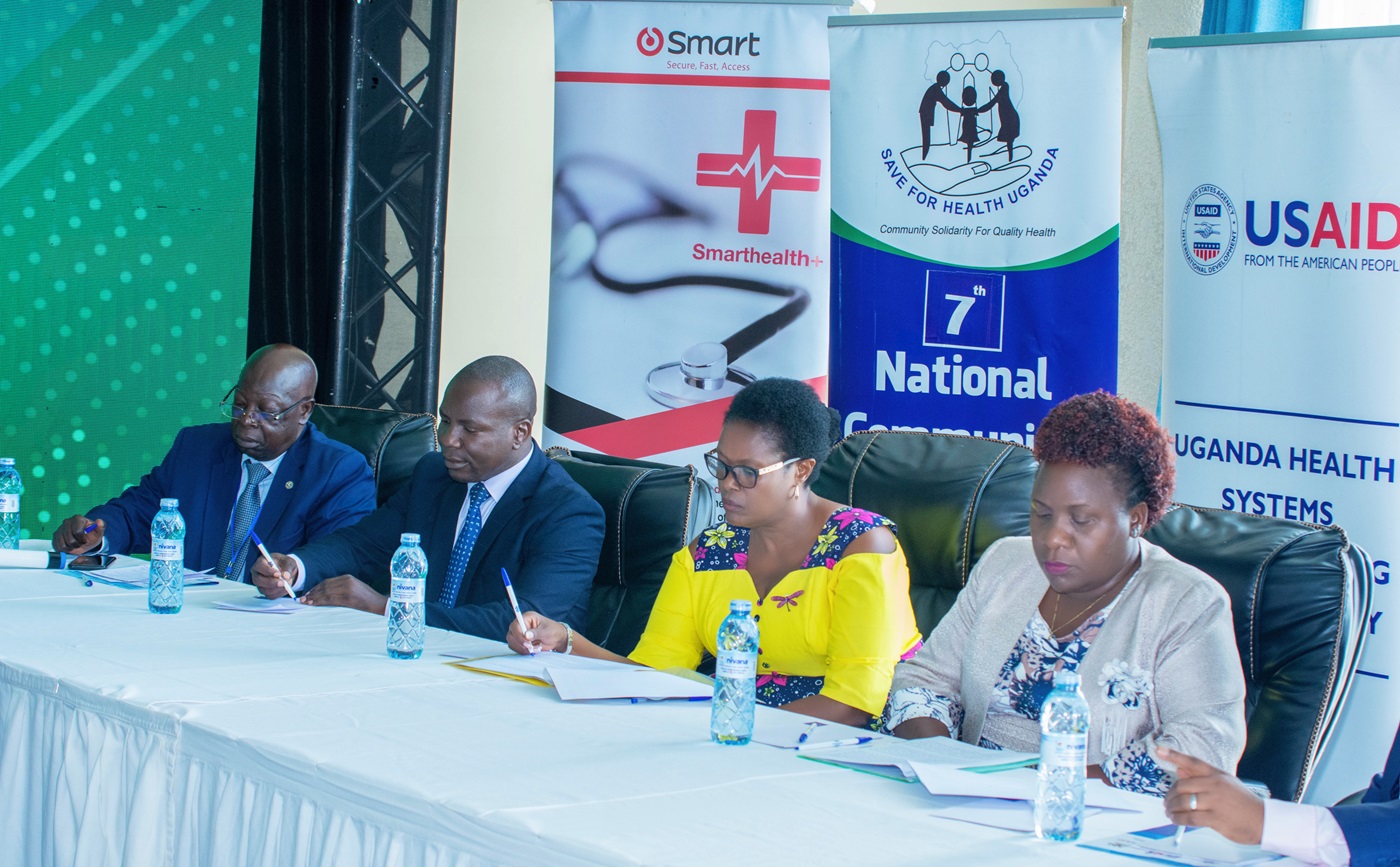
Revitalizing Prosperity: Universal Approach to Ending Poverty
Poverty is a multifaceted issue encompassing more than just financial scarcity, influenced by social, economic, political, and environmental factors. This creates a self-perpetuating cycle that impacts various aspects of life. In order to effectively combat poverty, understanding its root causes is essential. Inequality stands out as a primary contributor, concentrating wealth among a few and resulting in unequal access to resources and opportunities. Additionally, limited access to education and healthcare hinders individuals from acquiring the necessary skills to break the cycle of poverty. Discrimination based on factors such as race, gender, and disability further exacerbates these challenges. The Sustainable Development Goal 1 recognizes the need for comprehensive solutions, emphasizing the interconnected nature of poverty-related issues. These solutions should encompass measures to reduce inequality, improve access to education and healthcare, and combat discrimination. Recognizing the diverse needs of different communities is crucial for developing sustainable solutions tailored to address the unique circumstances of each group affected by poverty.
The Universal Approach to Ending Poverty
The Universal Approach to Ending Poverty is based on the principle that everyone should have access to the resources and opportunities they need to thrive, regardless of their gender, age, or location. This approach recognizes the complexity of poverty and the need for tailored solutions that consider local contexts and circumstances. Inclusive and equitable strategies are essential to ensure that no one is left behind.
Engaging with local communities and stakeholders, including marginalized groups and individuals, is essential to achieving a universal approach to poverty reduction. By involving these groups in the development of poverty reduction strategies, we can ensure that the solutions are tailored to their specific needs and circumstances. This approach also helps to build trust and ownership among communities, leading to more sustainable and effective interventions.
Long-term Commitment to Poverty Reduction
Achieving Sustainable Development Goal 1, focused on poverty reduction, necessitates a comprehensive, multi-dimensional approach that tackles underlying factors such as inequality, limited access to education and healthcare, and discrimination. Tailoring poverty reduction strategies to local contexts is crucial, ensuring they meet the needs of vulnerable individuals and communities. Recognizing poverty as a deeply rooted issue, long-term commitment, sustained action, and investment are essential. Countries must prioritize poverty reduction through comprehensive strategies, incorporating continual monitoring, evaluation, and adaptation for lasting change. Evaluating the effectiveness of poverty reduction programs helps identify areas for improvement and enhances impact. A sustained commitment to poverty reduction, along with innovative solutions, is vital for building resilient communities, promoting economic growth, reducing inequality, and fostering stable and prosperous societies. Ultimately, prioritizing poverty reduction is not only a moral obligation but also an economic imperative that unlocks the full potential of individuals, communities, and nations, fostering sustainable development and prosperity for all.
The Journey Continues
Despite some recent progress, global poverty remains a pressing challenge affecting millions worldwide, with over 700 million people surviving on less than $1.90 per day in 2020, according to the United Nations. The COVID-19 pandemic has exacerbated the situation, pushing more people into poverty and complicating existing poverty reduction efforts. To effectively address this issue, a renewed commitment to poverty reduction is crucial, involving collaboration among governments, civil society, the private sector, and individuals. Sustainable Development Goal necessitates comprehensive strategies that tackle root causes such as inequality, limited access to education and healthcare, and discrimination. Tailoring solutions to local contexts and ensuring inclusivity are vital components. Governments should prioritize resource allocation, civil society can advocate for policies, the private sector can invest in initiatives, and individuals can support efforts for change. Long-term commitment, continual monitoring, and adaptation are essential for sustained progress toward a world without poverty.
The Broader Implications of Eradicating Poverty
Eradicating poverty extends far beyond individual and societal improvements, having profound implications for global economic growth, peace, and security. The achievement of Sustainable Development Goal 1 (SDG 1) not only fosters a more peaceful and prosperous world but also positively influences healthcare, education, gender equality, and societal stability. Poverty reduction improves healthcare access, leading to better health outcomes and increased productivity, thereby positively impacting economic growth. In the realm of education, poverty reduction enables children to access quality education, breaking the cycle of limited opportunities. Gender equality is promoted as poverty reduction empowers women and girls, addressing barriers to education, healthcare, and employment. Furthermore, poverty reduction contributes to peace and security by creating stable and prosperous societies, reducing the likelihood of conflict and fostering sustainable development. Addressing poverty is a catalyst for holistic societal improvements with far-reaching global consequences.
Conclusion
The journey to eradicate poverty is acknowledged as complex and challenging, despite progress. Poverty’s multi-dimensional nature, affecting individuals and communities differently, necessitates a comprehensive approach addressing root causes like inequality, limited access to education and healthcare, and discrimination. SDG 1 emphasizes the critical role of poverty reduction in achieving a sustainable and equitable future, advocating for a universal approach irrespective of gender, age, or location. Stakeholder collaboration, involving governments, civil society, and the private sector, is vital for developing scalable interventions.



